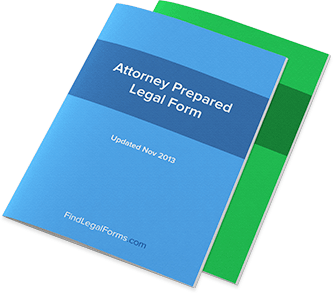Corporate Resolutions
Corporate resolutions are records of official acts of either the shareholders of the corporation or the board of directors. They are a permanent record of actions taken by either of these bodies as a group. In most situations and for most corporations, a majority vote of the directors or shareholders present at an official meeting (as long as the number present constitutes a quorum) is required to adopt a corporate resolution.
The resolutions adopted should be kept permanently in the corporate record book. In some cases, a copy of the resolution will be required by a third party. For example, a financial institution will usually require a copy of the corporate resolution that authorizes an officer to bind the corporation in a loan transaction.
Two checklists follow that specify the general circumstances in which corporate resolutions are required. They are not required for all of the normal day-to-day transactions of a business. In general, directors resolutions are only necessary to document the major decisions or transactions of a corporation. Shareholders resolutions are even more rare, used only for extraordinary corporate matters. Note that many additional directors resolution forms for most situations that will arise in the general course of business can be found on this site. This includes forms for all of the directors resolution situations that are included on the following Corporate Resolutions Checklist.
In recent years, the use of consent resolutions has increased among businesses. These resolutions are used in lieu of formal meetings and can simplify corporate management. They require, however, the written consent of all of the directors (or shareholders) of a corporation in order to be valid.
Directors Resolutions
Directors resolutions need to be adopted at official meetings of the board of directors of the corporation. The resolutions are necessary for the corporation or its officers to be specifically authorized to transact significant business transactions. The following items may be the subject of directors resolutions:
- Authorizing major contracts
- Authorizing the sale of corporate real estate
- Authorizing the purchase of real estate
- Authorizing the corporation to borrow money
- Authorizing the corporation to enter into a real estate lease
- Authorizing a lawsuit
- Authorizing the appointment of a lawyer
- Authorizing the appointment of an accountant
- Authorizing stock dividends
- Authorizing stock dividends to be declared and paid annually
- Authorizing stock dividends to be declared and paid quarterly
- Authorizing the reimbursement of expenses to an employee
- Authorizing the retention of corporate earnings
- Authorizing employee stock option plans
- Authorizing pension plans
- Authorizing profit-sharing plans
- Authorizing healthcare plans
- Authorizing group insurance plans
- Authorizing death benefit plans
- Authorizing other employee benefit plans
- Authorizing recision of prior resolutions
- Authorizing loans to directors or officers
- Authorizing the payment of officers’ salaries
- Authorizing a restricted stock transfer
- Authorizing a registered office address change
- Authorizing the corporate president to make purchases
- Authorizing the payment of a bonus to employees
Shareholders Resolutions
Resolutions by shareholders are much rarer than those by directors. Shareholder resolutions are only necessary to approve major actions by the corporation, such as:
- Approving the sale of all the corporate assets
- Approving the sale of the corporation
- Approving the merger of the corporation with another company
- Approving the dissolution of the corporation
© Nova Publishing Company, 2005

